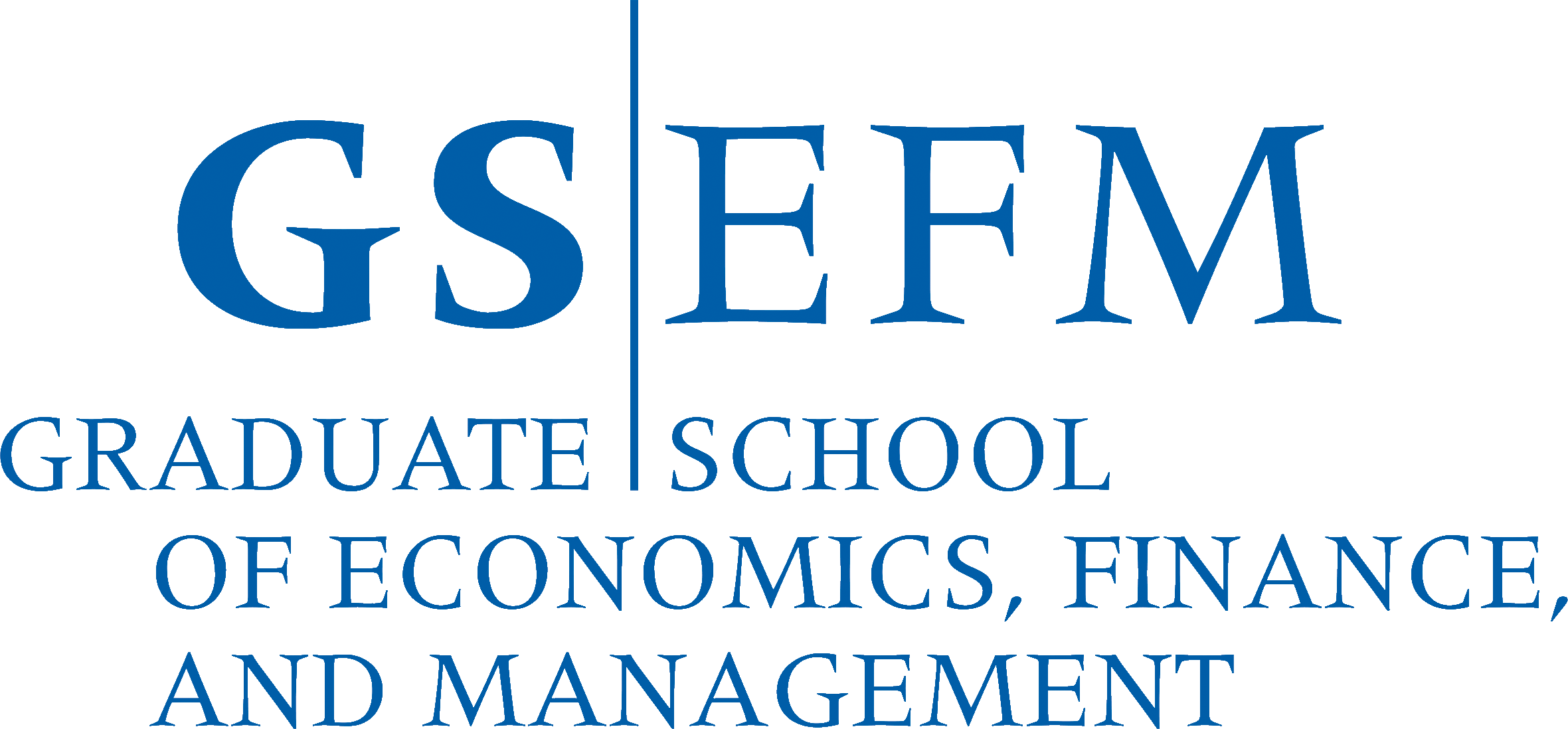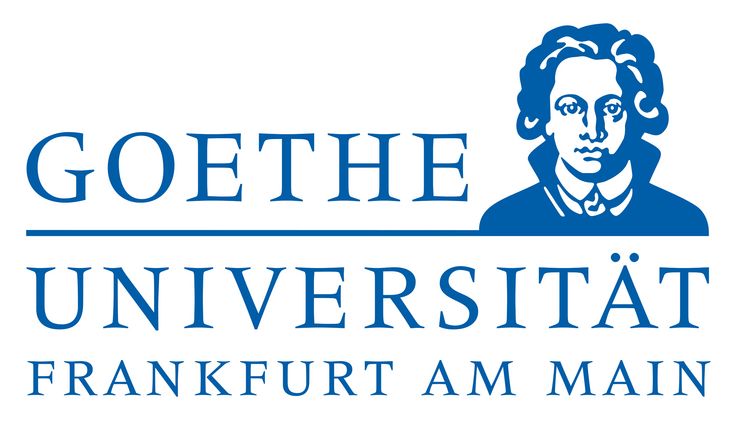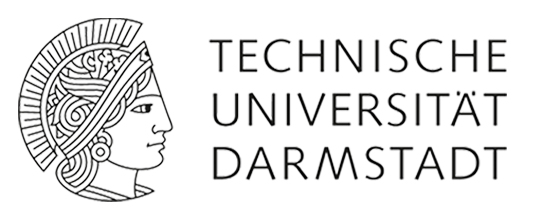Education and Academic Positions:
Postdoctoral Fellow, Primary Care and Population Health Stanford University, since 2022
Postdoctoral Researcher, Heidelberg Institute of Global Health, since 2022
Postdoctoral Researcher, Chair of Digital Economics, since 2021
Ph.D., Economics, Goethe University Frankfurt, GSEFM, 2021
M.Sc., Applied Economics, Stockholm School of Economics, 2014
B.Sc., International Business, Maastricht University, 2011
Fields of Specialization:
Experimental and Behavioral Studies, Machine Learning on Economic & Health Data, Discrimination
Job Market Paper:
Why do we Discriminate? The Role of
Motivated Reasoning
Abstract: Identifying the cause of discrimination is crucial to design effective
policies and to understand discrimination dynamics. Building on traditional models, this paper introduces a new explanation for discrimination: discrimination based on motivated reasoning. By systematically
acquiring and processing information, individuals form motivated beliefs and consequentially discriminate based on these beliefs. Through
a series of experiments, I show the existence of discrimination based on
motivated reasoning and demonstrate important differences to statistical discrimination and taste-based discrimination. Finally, I demonstrate how this form of discrimination can be alleviated by limiting
individuals' scope to interpret information.
Other Papers:
Belief Elicitation with Multiple Point Predictions
with Patrick Schmidt; European Economic Review, 2021, Vol. 135
Abstract: We propose a simple, incentive compatible procedure based on binarized linear scoring rules to elicit beliefs about real-valued outcomes - multiple point predictions. Simultaneously eliciting multiple point predictions with linear incentives reveals the subjective probability distribution without pre-defined intervals or probabilistic statements. We show that the approach is theoretically as robust as existing methods, while adapting flexibly to different beliefs. In a laboratory experiment, we compare our procedure to the standard approach of eliciting discrete probabilities on pre-defined intervals. We find that elicitation with multiple point predictions is faster, perceived as less difficult and more consistent with a subsequent decision. We further find that multiple point predictions are more accurate if beliefs vary between participants. Finally, we provide experimental evidence that pre-defined intervals anchor reports.
Can Monetary Incentives Increase Organ Donations?
with Arne Hosemann and Magnus Johannesson; Economics Letters, 2016, Vol. 142, 56-58
Abstract: We test in an experiment if a monetary incentive or a charity incentive can motivate people to fill in the German organ donor card and thereby increase the number of organ donors. We find that a monetary incentive significantly increases the number of organ donors whereas the charity incentive does not.
A Random Forest A Day Keeps the Doctor Away
Abstract: Using a unique dataset from a German health check-up provider including detailed individual questionnaire data as well as medical test data, I apply a random forest to predict several health risk factors. I evaluate the prediction performance using various metrics and find decent prediction qualities across all outcomes. By identifying the most relevant predictor variables, I compile concise and validated questionnaire tools to identify individuals’ blood pressure, blood glucose, and cholesterol levels, their risk of a coronary heart disease, whether or not they suffer from plaque or a metabolic syndrome as well as their relative fitness levels. In a second step, I compare the prediction results to physician predictions of the same patient observations. I find that the random forest outperforms the physicians if predictions are based on the same information set. When additionally providing the physicians with the random forest predictions for a particular patient observation, the physicians align with the random forest predictions. Finally, while the random forest considers various psychological scales, the physicians focus on family health history information instead.




